Troubleshooting our landfill and soil depletion problems.
Marty Pine founded Little Buddies in 2021 after reassessing his priorities during the COVID pandemic. After 25 years in technology, management and leadership, he felt it was time to apply his experience to problems that mattered to him on a personal level.
"As the son of a farmer, and someone who has deep respect for our land, the problem of soil depletion is one that resonates with me deeply"
Marty is a big proponent of regenerative farming techniques, and has seen first hand the benefits of fostering soil health. With climate change impacts becoming more real every year, Marty decided to get involved.
Marty believes that by diverting organic waste from urban centres, we can capture a valuable resource that can be turned into a valuable resource for our rural sector.
"Hundreds of years ago, food might travel a few kilometers from where it was sourced to where the waste was returned to the land. Now you can eat fresh produce from the other side of the planet. Most of that produce is consumed in towns and cities, with the waste largely destined for landfill. This has to change. We're slurping nutrients out of the soil, throwing the remnants in a hole, and wondering why our soils are getting tired. It's madness."
Little Buddies was formed to provide a conduit for organic matter to return to the land. By amending, composting and processing the waste through worm farms (vermiculture) we can capture the nutrients and carbon of organic waste and sequester it in the soil, improving soil health, resistance to drought and storms, and increasing plant resilience and yields.
"Man made fertilizers have their uses," says Marty, "but composting, vermiculture and proper nutrient cycling needs to return to the mainstream. Nature has been doing it perfectly for a few million years and it works. We should probably wake up and get on board before its too late."

Marty Pine, Founder.
Rural background, (Southland)
Studied Computer Science (Otago University, Victoria University)
Software Development
Project Management
Crisis Management
Management and Executive Leadership
Experienced troubleshooter














